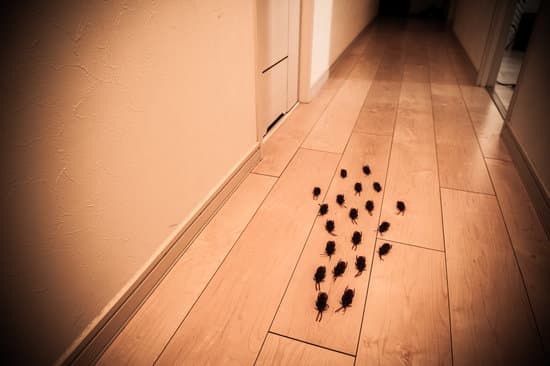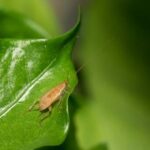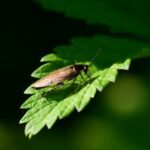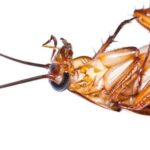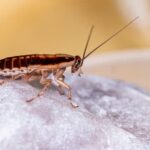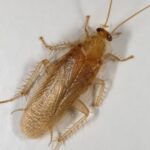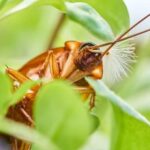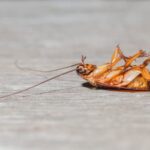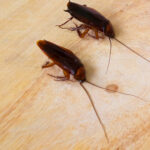Why Do Cockroaches Exist?
Cockroaches are a natural part of the ecosystem, providing a wide variety of other organisms with vital nutrients. Many species of animals rely on roaches for food, including rats, mice, birds, and reptiles. Without roaches, these organisms would go extinct, which would have consequences throughout the entire food chain.
While the general public may think that cockroaches are harmful to humans, it is important to remember that they provide a valuable service to the ecosystem. For example, cockroaches provide food for humans, and they can survive in homes with the right conditions. The habitat of cockroaches varies, and they prefer decomposing leaf litter. Some species can survive in drier conditions such as pantries and walls. These pests also feed on mold and other organic materials found in the home.
Another reason for cockroaches’ existence is to serve as pollinators. Some species, like the Malaysia Borneo cockroach, attach to flowers and collect pollen grains, which they then drop on other plants for pollination. Researchers have already identified several species as pollinators, and more research is needed to find other species. This means that cockroaches are important in the ecosystem, because they provide nitrogen for plant growth.
Cockroaches are incredibly adaptive insects. They have been adapting to changes in earth’s environment for millions of years. They’ve also adapted to life with humans, including their homes and businesses. Cockroaches also have adapted to the food we eat. Though they are generally harmless, cockroaches can be dangerous to humans because they carry diseases and pollute food. In fact, cockroaches are one of the leading causes of respiratory ailments in children.
